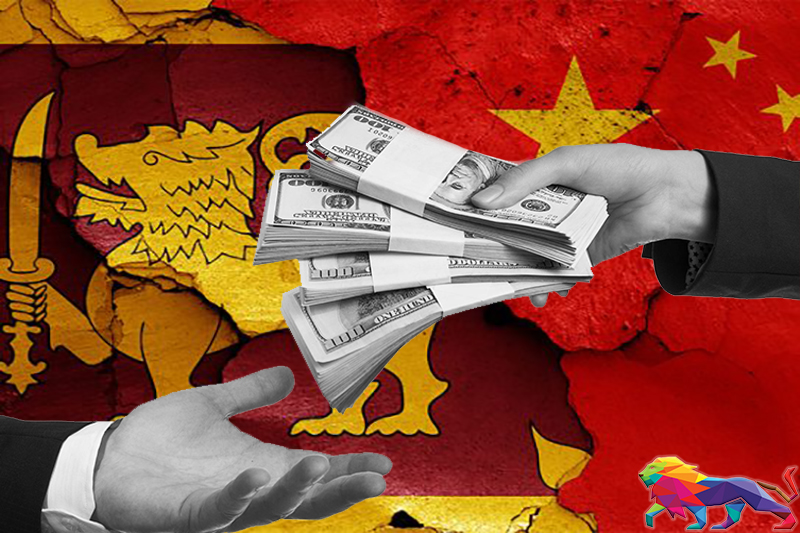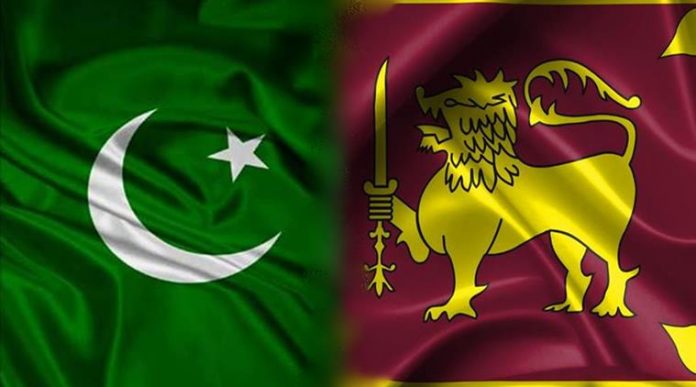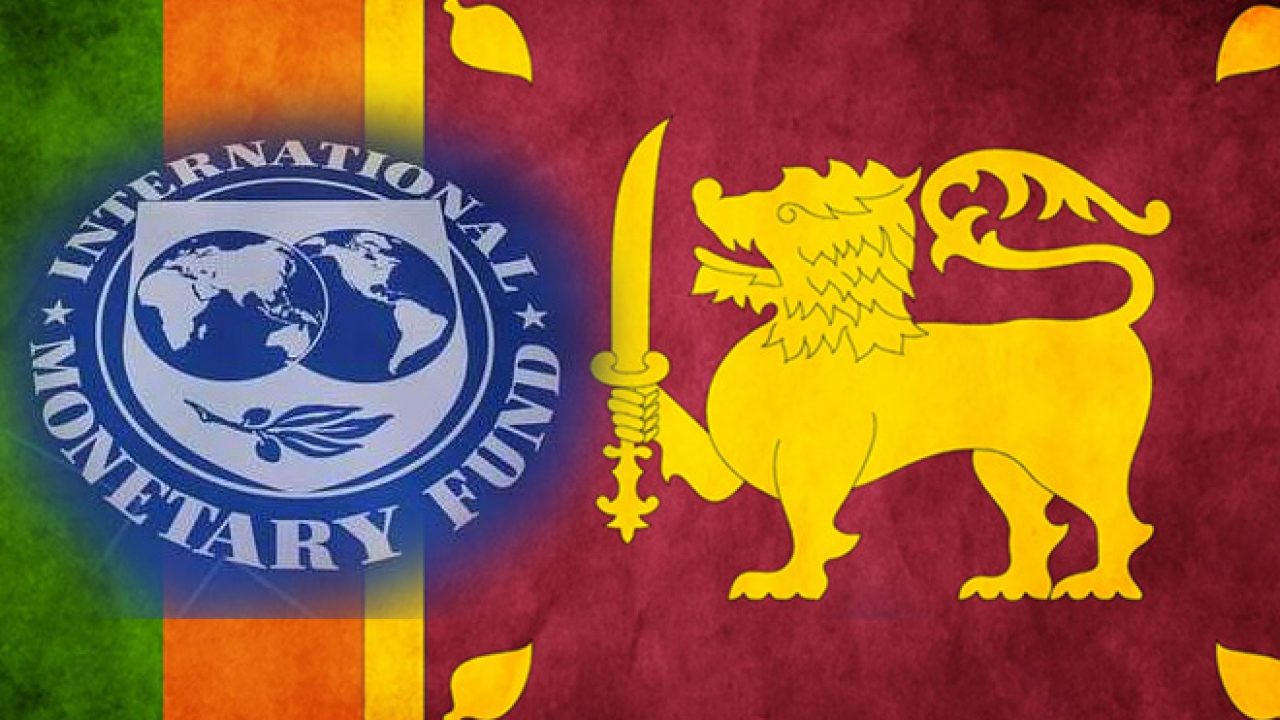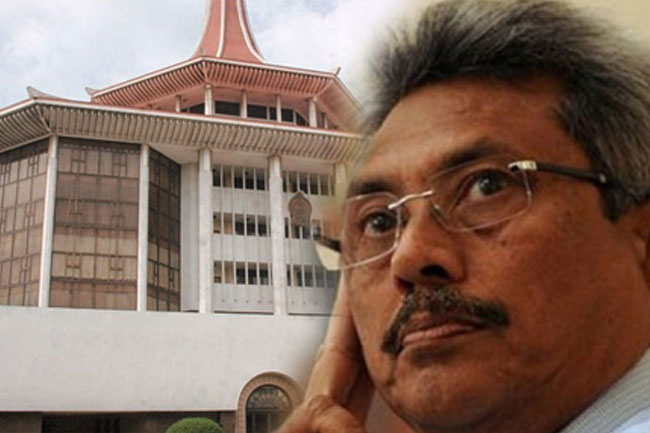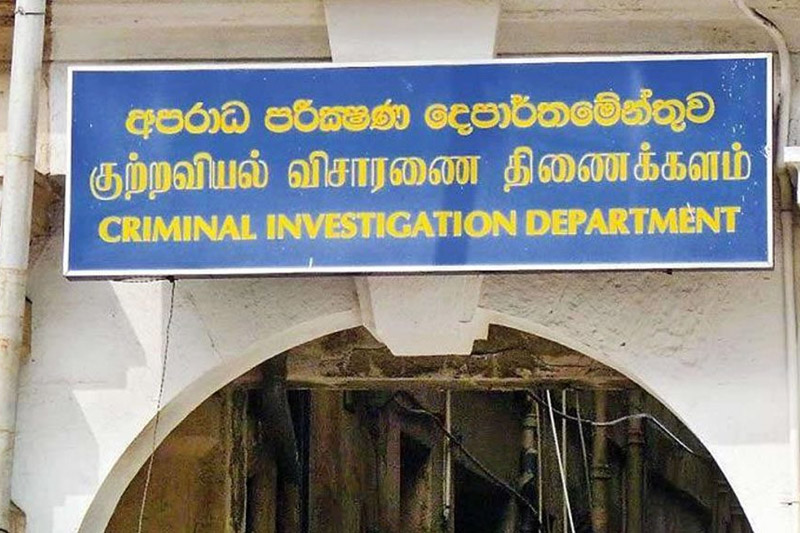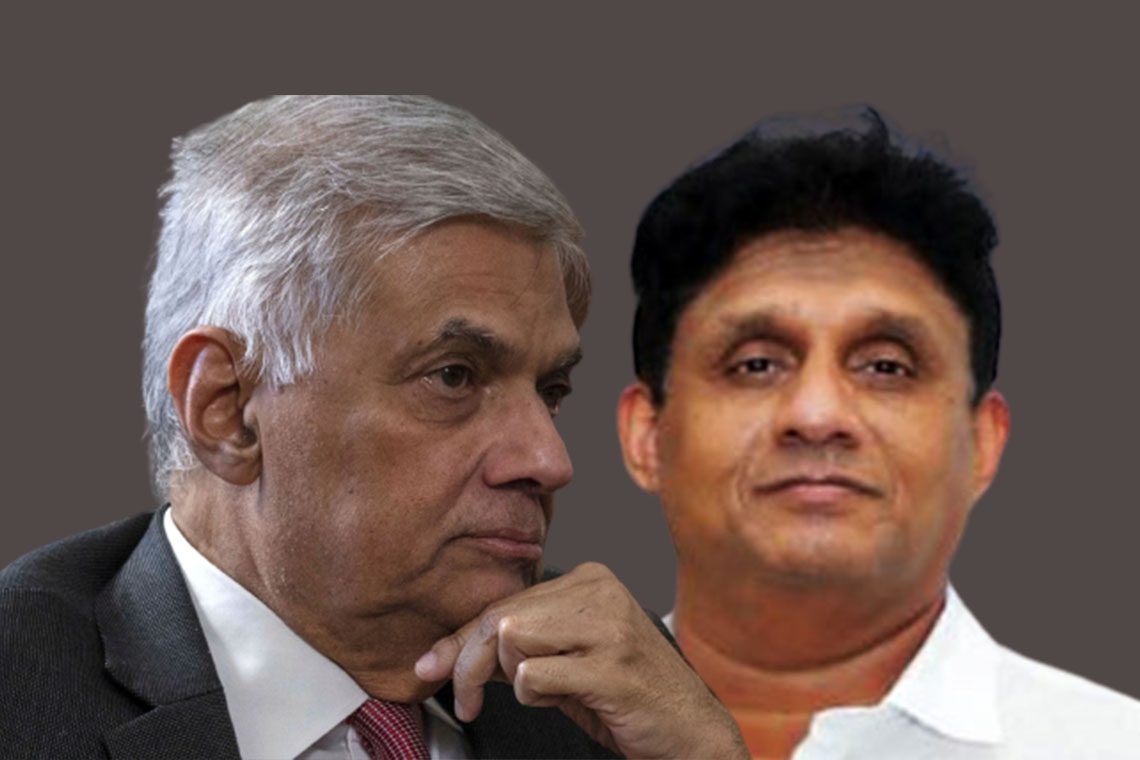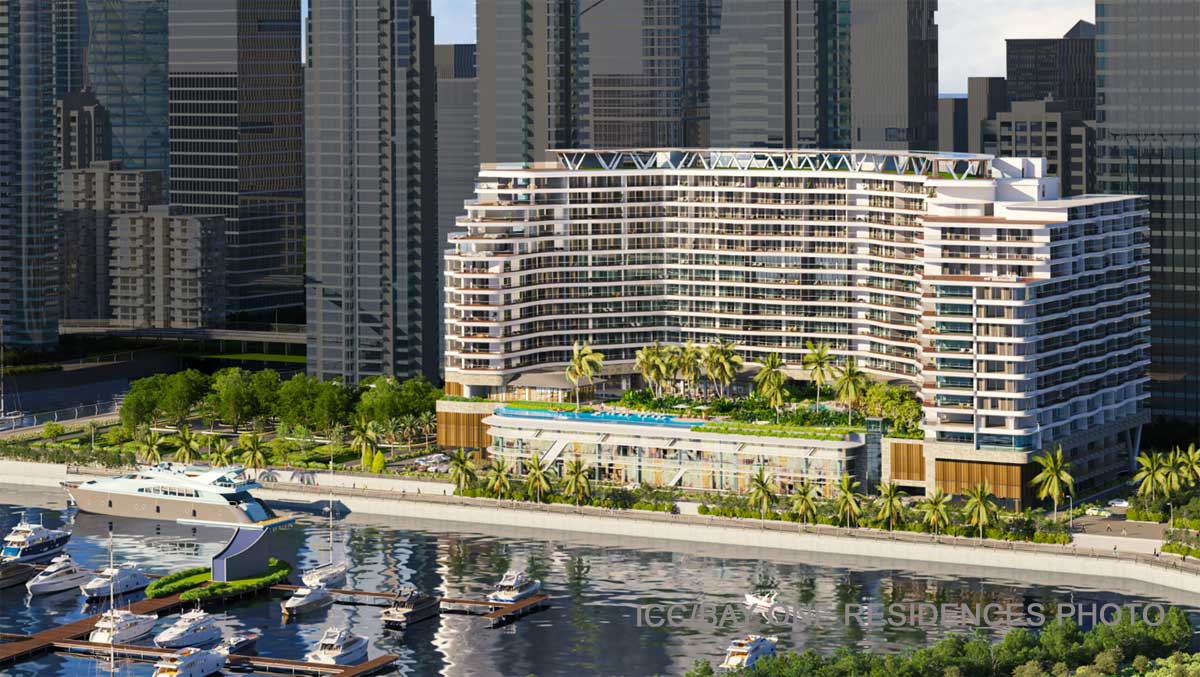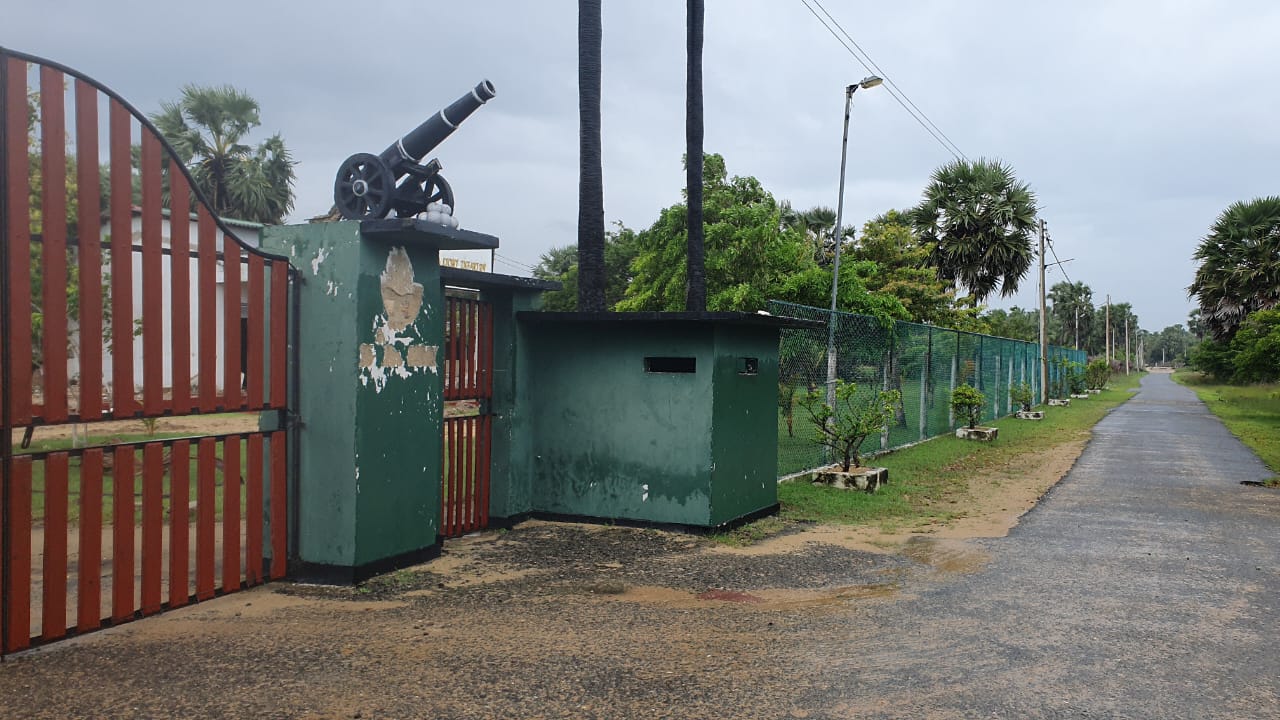January holds a dark significance for Sri Lanka’s media community. Known as Black January, it is a month that painfully reminds journalists and media workers of a troubled history marked by killing, enforced disappearances, abductions and attacks on media institutions.
Disturbingly, a large number of these grave violations against journalists have taken place during January. Every year, Black January is commemorated to honour fallen journalists and to demand justice for crimes committed against the media. This year was no exception. The Free Media Movement (FMM) together with the Free Media Movement Journalists’ Trade Union, recently organised the Black January commemoration at the Sri Lanka Press Institute auditorium under the theme, “January is Still Black: The Journey Towards Justice.”
Freedom of expression
This event served as a memorial and a call to action. It highlighted the continuing struggle for freedom of expression, accountability and justice for media professionals who paid the ultimate price for speaking the truth.
The commemoration reaffirmed that despite the passage of time, the wounds of Black January – remain unhealed, until truth, justice and media freedom are fully secured in Sri Lanka.
The event featured Prof. Savithri Gunasekera, journalists, Wijayananda Jayaweera, Sunil Jayasekara, Hana Ibrahim, Lasantha de Silva and R. Ramkumar who shared their opinions on media freedom and justice.
The discussion was coordinated by senior journalist, Amal Jayasinghe.
Prof. Savithri Gunasekera said that ensuring justice at its core is a very simple principal, but the law must be enforced. However, she said that the real problem lies in the failure to create conditions where the law can be effectively implemented. As a result, justice is repeatedly delayed.
She said that although January is commemorated every year as Black January, demanding justice for slain journalists such as Lasantha Wickrematunge and Sivram, meaningful accountability has yet to be achieved. Even today, justice for these prominent media figures remains elusive.
Prof. Gunasekera said that freedom of speech and expression is essential for any democratic society. She said that laws alone are not sufficient to sustain strong institutions; there must also be the necessary institutional mechanisms, capacity and procedures to enforce them effectively.
She said that safeguarding media freedom and freedom of expression requires a firm commitment and a strong sense of responsibility from the Government, adding that without such dedication, legal protections remain merely symbolic.
Upul Kumarapperuma PC said that the evidence in several court cases related to the killing of journalists had been destroyed in recent years due to State interference. As a result, he said, justice has still not been delivered to journalists who were murdered, even to this day.
He said that the majority of the journalist killings occurred between 2009 and 2015. Although investigations were initiated following the end of the war in May 2009, he said that interference by the Government in power at the time prevented investigators from identifying suspects or bringing perpetrators to justice.
Citing the Prageeth Ekneligoda case as an example, he said that although the case was filed in 2010, no suspects were produced before the Courts until August 2015. While suspects in cases such as the Ekneligoda disappearance were eventually presented to Court in 2015, proceedings were subsequently obstructed due to pressure from the then Opposition and the conduct of certain members of the clergy, which created further impediments to the administration of justice.
Delaying justice
He said that during the 2019-2022 periods, legal proceedings took a completely different turn. The Presidential Commission of Inquiry on Alleged Political Victimisation, appointed by the President at the time, recommended the release of several accused persons, thereby weakening ongoing cases and further delaying justice.
He said that from 2022 to the present criminal investigation, the Attorney General’s Department has failed to restore several of the stalled cases. He also said that Judicial Medical reports (JMO Reports) relating to the case of journalist Poddala Jayantha have gone missing, creating serious technical issues to proceed with the case in the absence of such critical evidence.
Referring to the Keith Noyahr case, he said that the main suspect has since left the country on a scholarship and has not returned to Sri Lanka to date.
Similarly, there appears to be little or no progress in cases related to the assault on journalist Upali Tennakoon.
He said that the existing general legal framework is insufficient to deliver justice in cases involving crimes against journalists. As future steps and recommendations, he said the need for a special independent mechanism to investigate and prosecute cases where evidence has been destroyed through Executive interference, adding that only such a mechanism could ensure accountability and prevent further impunity. Journalist Wijayananda Jayaweera said that the domestic mechanism for delivering justice has failed and added that greater attention must be given to the international Reports of the UNESCO Director General.
Senior journalist, Sunil Jayasekara, briefed the gathering on the history of Black January. He said that it began in 1981 in Jaffna with the killing of a photographer named Nawarathnam.
Since then, he said 114 media personnel including 56 journalists had sacrificed their lives in the struggle to protect the rights of freedom of expression.
He said that if appropriate action is not taken, the country will be forced to speak with sorrow about Black January every year. In this context, he said the need to establish mechanisms such as a Truth Commission is vital.
The event was also attended by the Chairman of the Sri Lanka Press Institute (SLPI) Kumar Nadesan, and Sandya Ekneligoda, the wife of disappeared journalist, Prageeth Ekneligoda.


